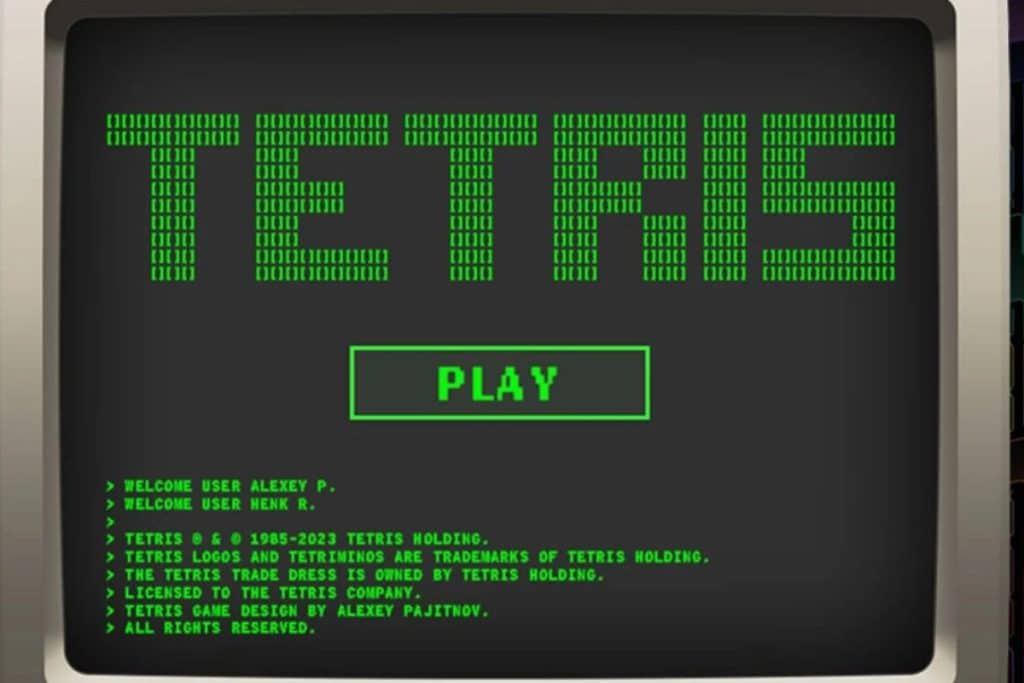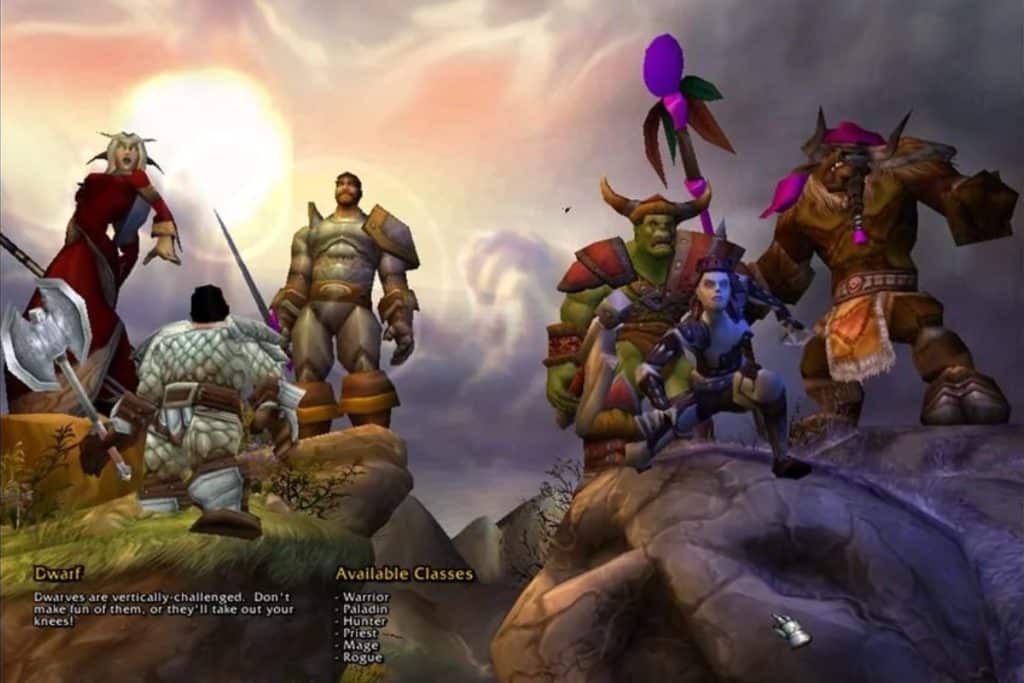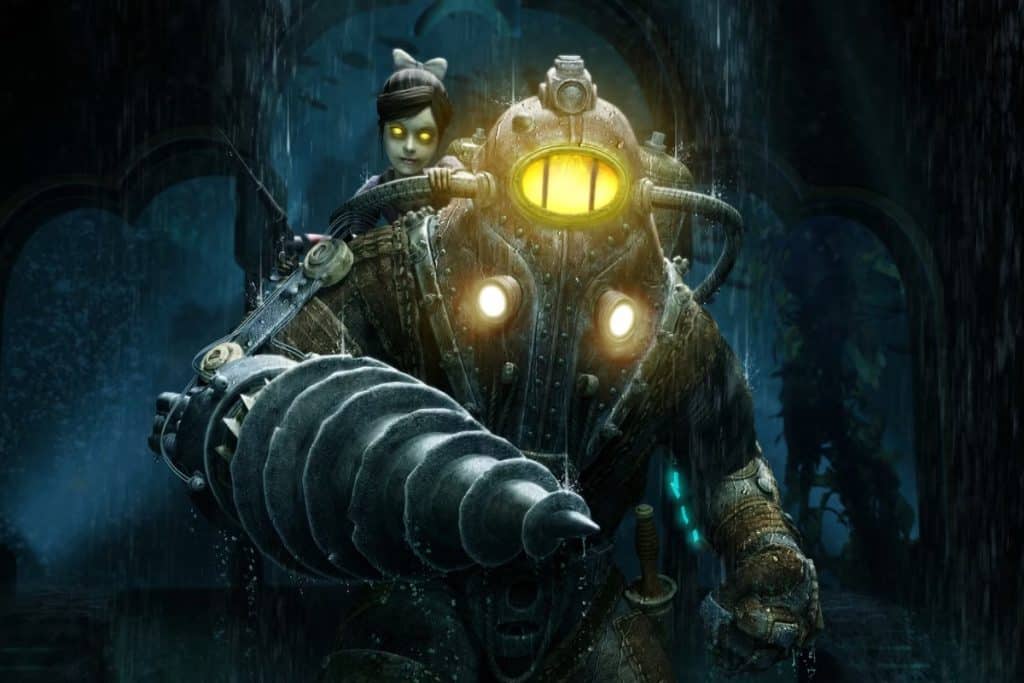17 Iconic Games That Revolutionized the Industry
Every once in a while, a game hits the scene and completely changes the way we think about the medium, setting new standards and influencing everything that follows. These games didn’t just entertain; they introduced new mechanics, rewrote rules, and defined genres. From 8-bit classics to modern open worlds, here are 17 iconic games that left an indelible mark on the industry.
1. Pong (1972)

It doesn’t get more classic than Pong, the game that practically invented the arcade industry. Simple to play and addictive, Pong took a barebones ping-pong concept and turned it into a worldwide sensation. It was the first commercially successful video game and paved the way for arcades to become cultural hubs. Without Pong, the entire gaming industry might look very different today. It’s proof that sometimes, all you need are two paddles and a dot to make history.
2. Super Mario Bros. (1985)

Super Mario Bros. not only introduced the world to the mustachioed plumber we all know and love but also defined the platformer genre. Its side-scrolling gameplay, colorful worlds, and iconic music made it a household name and cemented Nintendo as a gaming powerhouse. The game’s design—complete with hidden secrets and power-ups—was revolutionary and set a standard for creativity in game mechanics. Mario’s journey through the Mushroom Kingdom is the blueprint for modern platformers.
3. The Legend of Zelda (1986)

With The Legend of Zelda, Nintendo introduced an open-world experience where players could explore at their own pace, discovering secrets and solving puzzles. This was groundbreaking in an era of linear gameplay, giving players a sense of freedom that had rarely been seen before. Its mix of adventure, action, and exploration became a formula that countless games would later follow. Zelda’s influence on game design is immense, inspiring RPGs and adventure games alike.
4. Tetris (1984)

Few games have the universal appeal and longevity of Tetris. With its easy-to-learn, hard-to-master design, this Russian import became one of the most iconic puzzle games ever. It’s been on almost every gaming platform imaginable and is still just as addictive today. Tetris proved that a great game didn’t need high-tech graphics or complex stories to keep players hooked. Its lasting popularity is a testament to the power of simple, well-executed game mechanics.
5. Street Fighter II (1991)

Street Fighter II put competitive gaming on the map, turning arcades into battle arenas where players faced off for hours. Its deep fighting mechanics, unique character roster, and special moves set a new standard for fighting games. This game defined the genre and created the blueprint for competitive gaming culture. It’s hard to imagine the evolution of eSports without the impact of Street Fighter II.
6. Doom (1993)

Doom was a game-changer, literally. This first-person shooter combined fast-paced action with gritty graphics, but its real revolution was its multiplayer mode and moddable content. It essentially created the FPS genre as we know it, paving the way for games like Quake, Counter-Strike, and Call of Duty. Plus, it gave players a reason to upgrade their computers. Without Doom, modern shooters would probably look very different.
7. Final Fantasy VII (1997)

When Final Fantasy VII hit the shelves, it redefined what RPGs could be, bringing cinematic storytelling and high-quality graphics to the PlayStation. Its complex characters, emotional storyline, and massive world helped broaden the appeal of Japanese RPGs in the West. FFVII set a new bar for storytelling and production value, inspiring countless RPGs. This game showed that video games could tell stories as compelling as any movie or novel.
8. Half-Life (1998)

Valve’s Half-Life turned the first-person shooter genre on its head with its deep narrative and immersive gameplay. Unlike previous FPS games, Half-Life didn’t rely on cutscenes; instead, it integrated story elements directly into gameplay. The game’s AI, physics, and realistic world-building were groundbreaking for its time. Half-Life became a benchmark for storytelling in games and set a new standard for game immersion.
9. The Sims (2000)

The Sims was a simulation like no other, letting players control every aspect of a virtual person’s life, from their career path to their love life. This game appealed to casual gamers and hardcore players alike, giving them a sandbox to create their own stories. It blurred the line between game and virtual life, opening up gaming to a wider, more diverse audience. The Sims franchise remains one of the best-selling series in gaming history.
10. Grand Theft Auto III (2001)

GTA III brought the concept of an open-world game to life, offering a gritty, sprawling city where players could go almost anywhere and do almost anything. The sandbox approach to gameplay gave players a freedom previously unheard of in video games. It was controversial, but undeniably influential, setting the stage for countless open-world games to follow. GTA III was a cultural phenomenon and one of the most important games of its generation.
11. Halo: Combat Evolved (2001)

With its stellar single-player campaign and groundbreaking multiplayer, Halo changed the landscape for first-person shooters on consoles. Its intuitive controls and deep sci-fi story made it a fan favorite and cemented the Xbox as a major player in the console market. Halo also helped define the online multiplayer experience, leading the way for games like Call of Duty and Battlefield. It’s safe to say Halo revolutionized shooters on consoles.
12. World of Warcraft (2004)

WoW didn’t invent the MMORPG, but it perfected it, creating a virtual world where millions of players could live out their fantasy adventures. Its community-driven gameplay, engaging quests, and expansive world have kept it going strong for nearly two decades. This game popularized the idea of a shared online world and social gaming at a massive scale. It set a gold standard for online RPGs that few games have managed to match.
13. Wii Sports (2006)

Wii Sports made gaming more accessible than ever, letting players of all ages and abilities swing, bowl, and play tennis with just a wave of their hand. The game showed how motion controls could bring new audiences to gaming, making it a social activity for friends and family. It was the ultimate “casual game” that led to the Wii becoming a sensation. Wii Sports helped broaden the concept of what gaming could be and who it could include.
14. Bioshock (2007)

Bioshock combined atmospheric storytelling with moral choices, creating a hauntingly immersive experience in the underwater city of Rapture. It wasn’t just a shooter—it was a meditation on ethics, power, and free will. The game’s art deco style and philosophical narrative made it stand out as a piece of art in the gaming world. Bioshock proved that games could tackle complex themes and told players that every choice comes with consequences.
15. Minecraft (2011)

With its blocky aesthetic and open-ended gameplay, Minecraft allowed players to build anything they could imagine, becoming a cultural phenomenon in the process. It was more than a game—it was a creative outlet, a social platform, and a new way to think about game design. By giving players total freedom, Minecraft sparked a new era of user-generated content. It’s still one of the best-selling games of all time, and its influence is felt across every corner of gaming.
16. The Last of Us (2013)

The Last of Us set a new standard for narrative and emotional depth in gaming, telling a post-apocalyptic story that’s equal parts action and heart-wrenching drama. Its complex characters, realistic dialogue, and brutal world-building created an experience that felt more like an interactive film. This game’s storytelling and character-driven plot raised the bar for emotional engagement in games. The Last of Us isn’t just a game—it’s a masterclass in storytelling.
17. Fortnite (2017)

Love it or hate it, Fortnite changed the game with its free-to-play model, battle royale format, and seasonal content updates. The game quickly became a global phenomenon, bringing players together in a shared, constantly evolving world. It was instrumental in popularizing the battle royale genre and showed the power of in-game events and collaborations. Fortnite also turned live-service gaming into a mainstream model, influencing game monetization across the industry.






